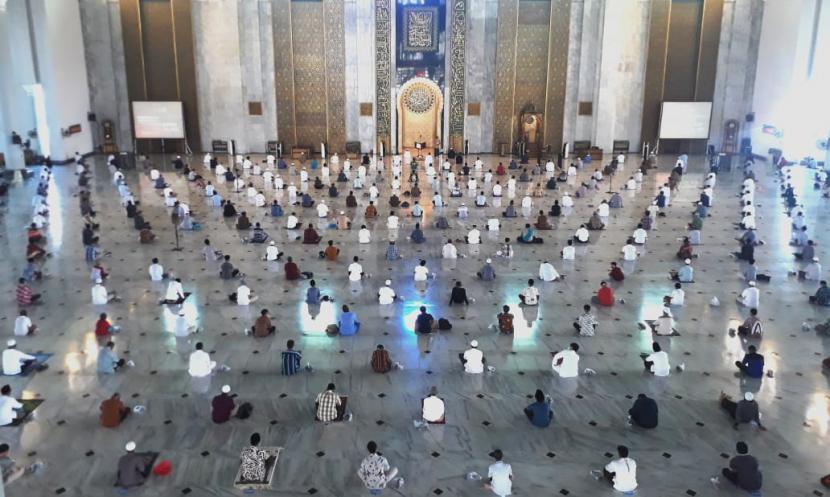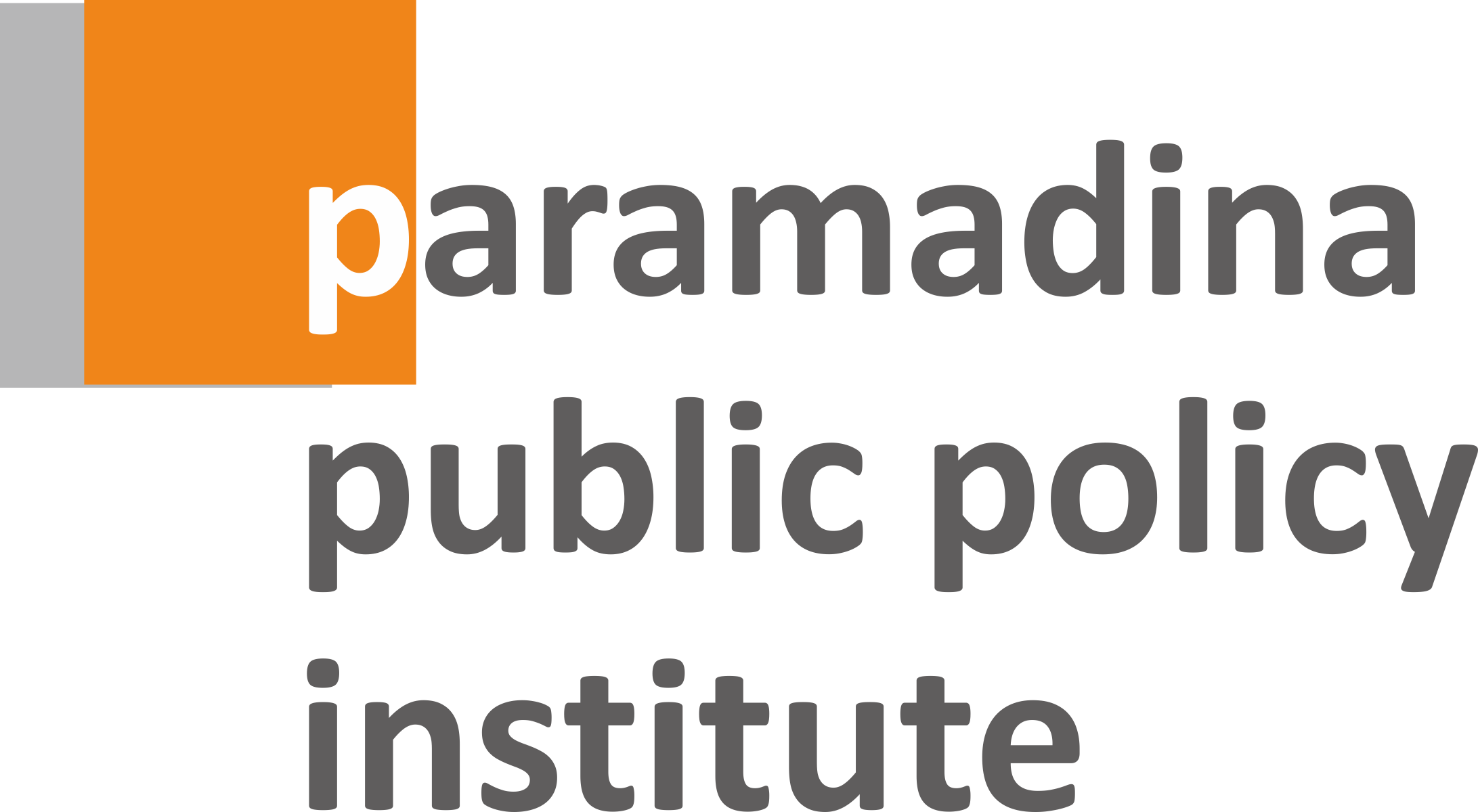
Muhamad Rosyid Jazuli and Septa Dinata
Paramadina Public Policy Review, 14 June 2021
Widely known to the world for its moderate and tolerant Islam, Indonesia is unfortunately known for its religious terrorism-related bomb attacks. The last attack took place in front of the Makassar Cathedral Catholic church last March. While such an act of terrorism is not unique to Indonesia, this incident requires immediate attention, particularly in Southeast Asia, where Muslims form most of its population.
Islam in Southeast Asia is in fact known for its easy-going and tolerant views. On one occasion, the late PM Lee Kuan Yew has ever reaffirmed Islam in ASEAN is Islam by commerce, not by swords. However, as Southeast Asian Muslims become part of the global society, religious extremism can now be more easily identified in the region. Indeed, it cannot be separated from the intense reciprocal relation between them and other Muslims worldwide, particularly in Middle East and North Africa.
In Indonesia, we often call this moderate or centered view of Islam the wasathiyah Islam. Muslims in Indonesia generally do not question religious differences that much, living side by side peacefully with people of other religions. On several occasions, it is common to hear that Muslims help secure Christmas masses and Christians help build mosques.
However, the last suicide bombing seems to have opened the veil that there is a process of attrition to the moderate view of Islam in Indonesia. Globalization introduces a borderless society but slowly diminishes the uniqueness of a community. It, unfortunately, affects Indonesia’s moderate Islam, resulting in the birth of such suicide bombers.
Unease situation for moderate Muslims in Indonesia
Nevertheless, it should be noted that the efforts to combat this religious extremism cannot be carried out by the government alone. It is because this extremism concerns behavior and understanding change that cannot be easily altered once embedded.
Indonesia, in fact, already has ‘the policy hardware’ to subdue such religious extremism, such as the anti-terrorism law and the Indonesian Police’s Special Detachment 88, focused on capturing extremists and terrorists. Moreover, in terms of ‘the policy software’, Indonesia should have been in safe hands considering the existence of two large, moderate Islamic organizations, namely Nahdlatul Ulama and Muhammadiyah.
Scholars, experts, and leaders of the two organizations above have voiced their calls to counter extremism on various occasions. They are even powered by various wing and educational organizations (schools and universities) that have become room to cultivate moderate Islam among Muslims of multiple generations.
But unfortunately, as Indonesia’s democracy is becoming populist, identity politics and social divisions emerge as the side-effects. Because of the need for quick political gain, some parties have chosen to accommodate voices from communities considered adhering to Islamic extrmism, whose teachings tend to uphold jihad—meaning going to war and exalt martyrdom.
At some point, this situation puts pressure, whether significant or not, on the moderate Muslims. Because, politically, the moderate Muslim groups generally choose to be, firstly, neutral, or at least not offensive to the government. Or, secondly, support the government.
This political stance has become the target of criticism from groups opposed to the government, which are currently closely associated with groups that tend to be radical and extreme. Moderate Muslims are often scolded for their pro-government choice, considered opportunist Muslims. They are also often ridiculed for their moderate interpretation of their religion, for example, by choosing to guard the church and allow their followers to say merry Christmas.
Regrettably, they argue that this scorn and insults are part of democracy and freedom of speech.
What could we do?
For us, as the young generation of Indonesian Muslims, this Lee Kuan Yew’s view is indeed intriguing, that it is Muslims themselves who can solve the problem of Islamic extremism. This view is evidenced by the failure of various parties who have tried to reduce Islamic extremism through military operations in various Middle Eastern countries that have shown no signs of peace.
Unfortunately, the idea of extremism has spilled over to different countries, including ASEAN and particularly Indonesia. To this end, providing support and assistance to moderate Islamic groups can no longer be delayed. The process of ideological attrition that has taken place has had quite a destructive impact on it. Indeed, if the status quo would prevail, the damage would soon creep out across ASEAN countries.
Multilateral cooperation between countries that are or will be affected in ASEAN, especially Indonesia, Singapore, Malaysia, and the Philippines, could be crucial. In addition, moderate Muslim groups need to be linked and strengthened to counter-balance the flow of extremist ideas to this region.
These moderate Muslim group needs to be supported both knowledgeably and financially so that there will be considerable incentives and energy to restrain the growing idea of extremism. Also, this comprehensive support must echo the views of moderate Islam louder than that of radicalism and extremism.
Singapore and Indonesia can start by creating inter-state moderate Islamic councils involving moderate Islamic groups from Singapore, such as MUIS and Indonesia, especially Nahdlatul Ulama and Muhammadiyah. This cooperation is needed to counter the escalation of Islamic radicalism and extremism that has long crossed our national borders.
Moderate Islamic groups need to be encouraged, knowledgeably, skillfully, and financially, to be more active in voicing aloud how, for example, moderate Islam can always co-exist with modern ideas and progress.
With such efforts, moderate Islamic groups can promote the view that Muslims have a bright future with such a moderate understanding. But this is indeed an endeavor that will take loads of time and energy. But if it does not start now, the existing potential of this moderate Islamic power may never surface, drowned by those extremists’ louder voice. (*)
The writers are researchers at Paramadina Public Policy Institute and the young cadre of Nahdlatul Ulama and Muhammadiyah, respectively.
